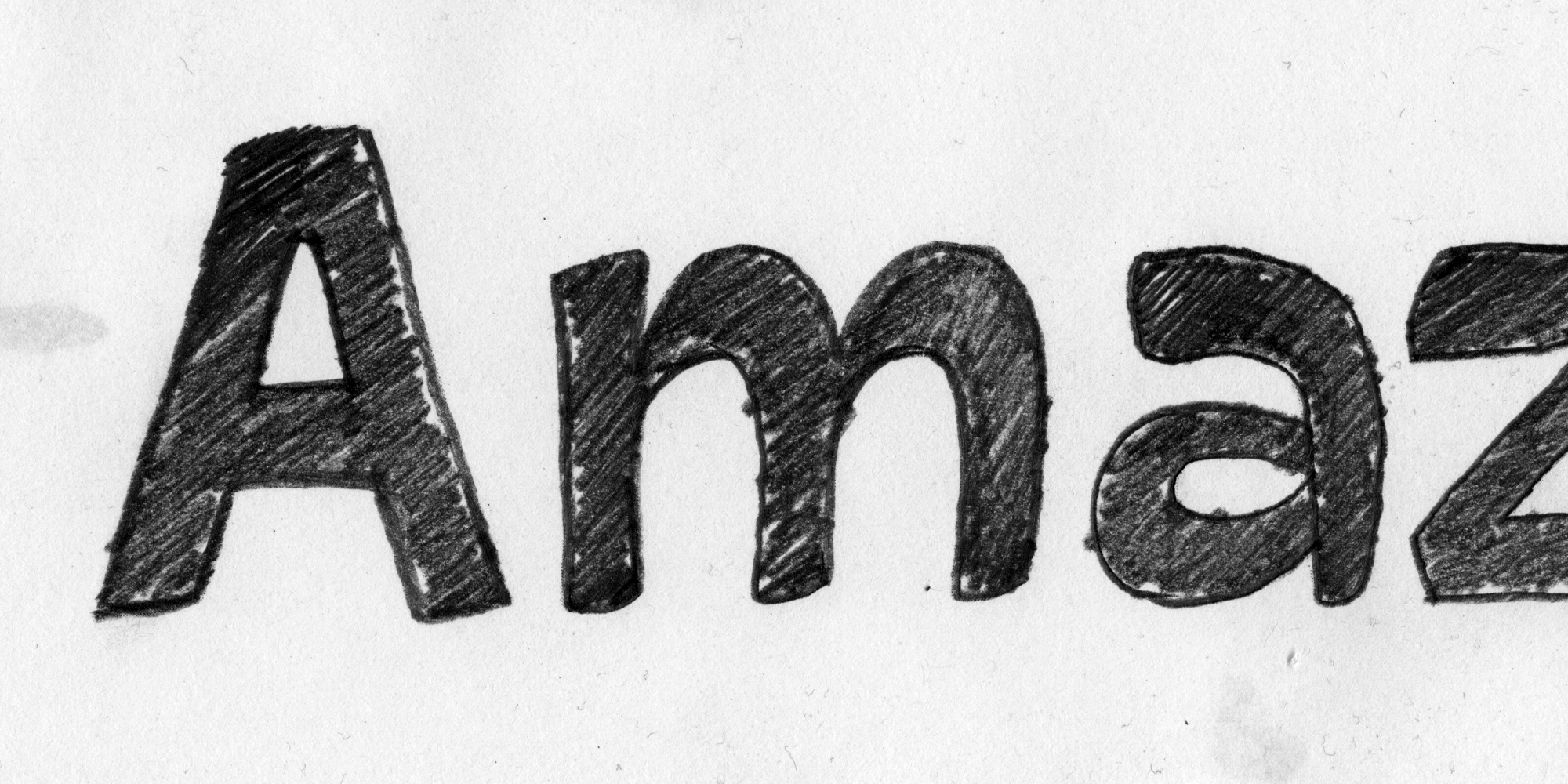Why More Brands Are Investing in Their Own Fonts—and What the Process Really Looks Like
Fonts shape first impressions—and custom fonts make them unforgettable. From global platforms like Netflix and Airbnb to emerging boutique brands, more companies are stepping away from off-the-shelf fonts and investing in typefaces that are tailor-made to express their personality and purpose.
But what does it take to create a custom font? What does the process involve? And is it only for big-budget companies?
In this post, we go behind the scenes of custom type creation—why brands do it, how the process unfolds, and what makes a typeface not just functional, but foundational to your visual identity.
Why Brands Commission Custom Typefaces
1. Distinctiveness & Ownability
A custom font gives your brand a visual voice that no one else can use. Unlike licensing a commercial font (which others may use too), your own typeface becomes a proprietary brand asset. It can even be trademarked in many jurisdictions.
A font is like a fingerprint—custom fonts help brands leave a mark.
2. Brand Personality, Built Letter by Letter
Off-the-shelf fonts aren’t designed with your brand’s tone, heritage, or values in mind. A custom font can express exactly what you want: friendliness, boldness, elegance, precision, or playfulness.
Every curve and corner becomes intentional. Every letter helps tell your story.
3. Cultural Sensitivity & Localization
If your brand operates in multiple languages or regions, a custom font ensures consistency and cultural nuance. You can design:
- Multilingual support (Latin, Cyrillic, Arabic, etc.)
- Tone adaptation (e.g., more expressive forms for youth markets)
- Culturally relevant visual cues
You don’t want your English brand to feel “local” and your Arabic version to feel “generic.”
4. Performance & Platform-Specific Flexibility
With a custom font, you control:
- File weight for faster loading
- Spacing tuned for your UI grid
- Hinting optimized for small text on screens
- Accessibility contrast and clarity for inclusive design
You can also commission a variable font, giving you smooth transitions between weights or widths—ideal for responsive systems.
What Goes Into Making a Custom Typeface?
Here’s a high-level breakdown of how we work at Resistenza, and what most professional type studios follow:
1. Discovery & Strategy
We begin with a deep dive into your brand:
- What’s your tone—playful, bold, refined, minimal?
- Where will this font live—web, packaging, UI, signage?
- What impression do you want to make in 3 seconds?
We also gather:
- Your current typography
- Design challenges
- Brand history and target audience
- Business goals (e.g. reduce licensing, support global growth)
Outcome: A solid creative brief with aesthetic direction and technical specs.
2. Research & Inspiration
This stage defines the design DNA. We explore:
- Historic references or movements (e.g. Art Deco, Swiss modernism)
- Brand-adjacent visuals (logo, colors, icons)
- Competitor audits and typographic territories
- Moodboards and font personality axes
Outcome: Visual references and a shared north star for the look & feel.
3. Sketching & Concept Prototypes
Now we begin drawing the foundational characters:
- Lowercase "n", "o", "a", uppercase "H", "G", and numbers
- Test stroke contrast, rhythm, x-height, and proportions
You’ll receive:
- Several design directions (2–3)
- Mockups in brand context (UI, packaging, decks)
Outcome: Feedback on style direction and approval to move into full development.
4. Typeface Development
We expand the approved design into a complete character set:
- Upper/lowercase Latin
- Punctuation, diacritics, symbols
- Multilingual support (optional: Greek, Cyrillic, Arabic, etc.)
- Weights: Regular, Bold, Italic, etc.
We also handle:
- Kerning for optical balance
- Spacing across all glyphs
- Hinting for screen rendering
- Font naming, metadata, and test files
Outcome: Fully functional fonts ready for testing.
5. Testing & Refinement
We test:
- Font rendering on real devices and screen sizes
- Legibility in motion, print, and small-scale environments
- Brand alignment and voice consistency
- Compatibility with your digital ecosystem
You’ll give final feedback on:
- Specific letterforms
- Weight distribution
- Glyph shapes and diacritics
Outcome: A polished, production-ready font family.
6. Delivery & Documentation
We deliver:
- Web fonts (WOFF2), desktop fonts (OTF), or variable fonts
- Usage rights and licensing
- Style guide or usage manual
- Optional design templates or brand typography documentation
Outcome: A fully ownable, deployable brand asset.
Is a Custom Typeface Right for You?
You don’t need to be Netflix to benefit from a custom font. We work with:
- Startups building a bold identity
- Fashion and beauty brands seeking distinct packaging
- Design studios with multilingual needs
- Luxury, food, and lifestyle brands that want to stand out on the shelf or in ads
Custom type is an investment in brand equity.
If you’re:
- Rebranding
- Launching globally
- Needing licensing freedom
- Scaling your design team or UI systems
- Wanting something no one else has…
…it’s probably time to talk custom.
A Typeface Is Your Brand’s Accent, Shape, and Tone
Typography is the only brand element that appears in every touchpoint: your logo, your ads, your app, your packaging. So why settle for someone else’s voice?
A custom font is more than a design flex—it’s a strategy. It says:
“This is us. And no one else sounds like we do.”
Want a custom typeface that reflects your brand’s values, voice, and vision?
Let’s create something unforgettable—from concept to final font files.
Get in touch with Resistenza to start your custom type journey.
